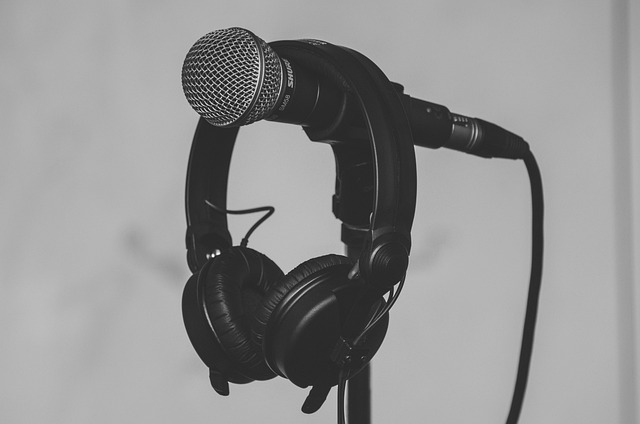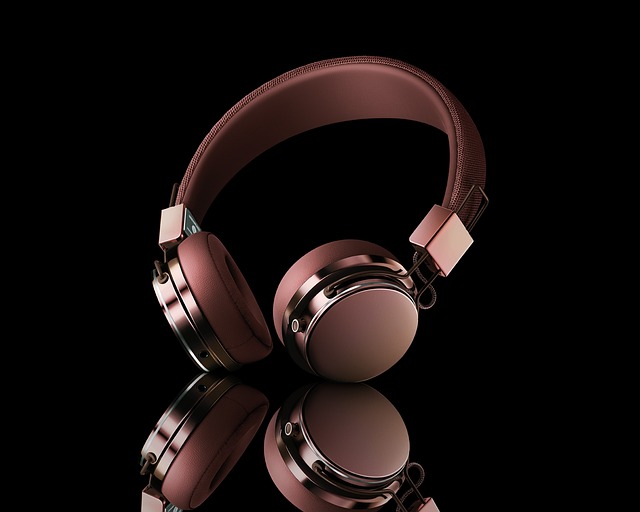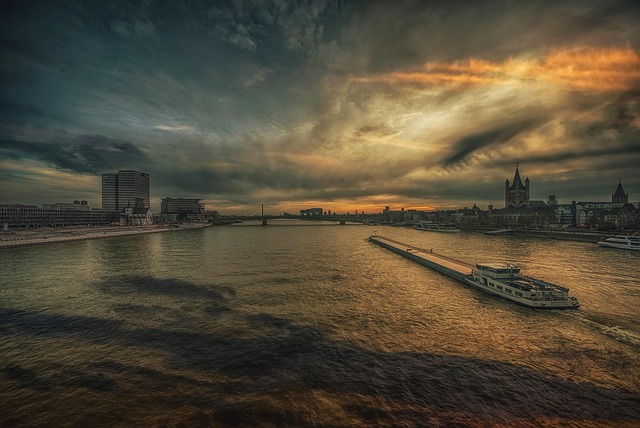Navigating Water Shortage: A Sound Recording Perspective
Water is one of the most precious resources on our planet, and yet, we often take it for granted. As we face increasing challenges related to water shortage, the sound of water, or often the lack thereof, becomes a poignant reminder of its importance. For those of us involved in audio recording, the role of sound in communicating environmental crises cannot be overstated. In this blog post, we will explore how sound recording can help us navigate the pressing issue of water shortage.
The Power of Sound in Storytelling
Sound has an incredible ability to evoke emotions and create an immersive experience. Every drop of water that falls, every creek that flows, and even the silence that follows a drought can tell us a story far deeper than words alone. As audio recorders, we have the unique opportunity to capture these sounds, highlighting the contrast between abundance and scarcity.
Recording Water: A Journey of Discovery
Imagine standing at the edge of a pristine lake, the gentle lapping of the water creating a serene soundscape. Now, juxtapose that with the cracked earth during a drought, where the only sounds are the whispers of the wind and the rustling of dry leaves. By recording these contrasting sounds, we not only document our environment but also inspire listeners to empathize with the reality of water shortage.
Techniques for Capturing the Essence of Water
When recording sounds related to water, consider the various environments in which water appears. Here are some techniques to enhance your sound collection:
- Close-Up Recordings: Use a high-quality microphone to capture the intimate sounds of water droplets, streams, or rainfall. These close-up recordings can evoke a sense of connection and urgency regarding water conservation.
- Ambient Soundscapes: Record wider environments where water exists—like rivers, waterfalls, or lakes. This can transport listeners to these serene places, contrasting sharply with areas suffering from water shortage.
- Field Interviews: Consider interviewing local residents who are impacted by water supply issues. Their stories, paired with background sounds, can create a powerful narrative that emphasizes the human side of the water crisis.
The Impact of Your Recordings
The recordings we produce can play a significant role in advocacy and education regarding water shortage. Through sound projects, installations, and even podcasts, we can raise awareness about the need for sustainable practices. By weaving together sound and storytelling, we create an emotional tapestry that resonates with listeners and inspires action.
Collaborating for Change
As we navigate the challenges of water shortage, audio recorders can collaborate with environmental groups, educators, and community organizations. Such partnerships allow us to amplify messages advocating for responsible water use and conservation. Together, we can explore innovative multi-sensory experiences that prompt conversations and engage communities in vital discussions about our precious water resources.
In a world where water continues to dwindle and its value increases, let us leverage the power of sound to share stories, educate others, and champion the cause of water conservation. Through our recordings, may we inspire others to appreciate the soft sounds of flowing water and recognize the urgent need to protect this fundamental resource.




